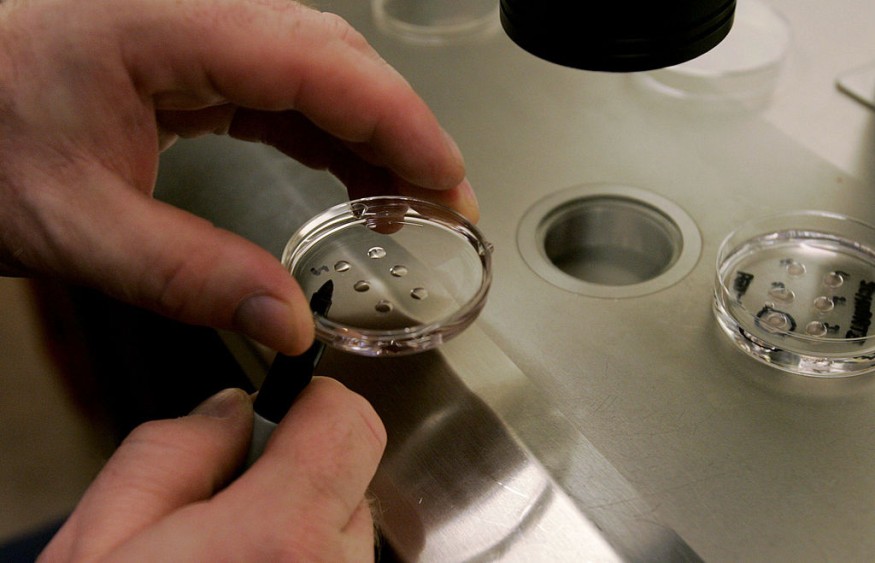Facing speculation that COVID-19 vaccinations can trigger men to be infertile, doctors claim there is no proof that they would be infertile. Studies indicate, however, that long-standing coronavirus effects can influence the reproductive health of men.

COVID-19 Vaccine Won't Induce Infertility
Amid misinformation that Covid-19 shots trigger men to be sterile, unbacked reports have appeared on social media.
Doctors, wellness professionals, and the FDA both hold zero proof to demonstrate that it does and that these unbacked statements are being disproved.
University of Miami researchers are conducting ongoing research to determine whether COVID-19 vaccinations trigger men to be sterile but don't expect them to find any proof.
Ranjith Ramasamy, MD, Associate Professor and Director of Reproductive Urology; and Daniel Nassau, MD and Andrology Fellow, both at the University of Miami, are investigating both the Pfizer and Moderna vaccinations.
In general, the research is projected to have about 60 participants. Researchers obtain doses of semen from men until they acquire vaccinations for COVID-19.
Three to six months following the second vaccination injection, they would then gather semen samples to determine whether they had any effects on male fertility.
"There is no evidence to suggest that the vaccine causes men to be sterile," Ramasamy told The Sun in a report. In the same article, an FDA spokesman said that there is no research suggesting that COVID-19 vaccinations could cause infertility.
COVID-19 Infection Can Impact Male Reproductive Health
Unfortunately, a recent study reported in the journal Reproduction revealed that extreme cases of COVID-19 might affect the content of a man's sperm, thus likely impacting his fertility.
Previous studies have shown that in both males and females, COVID-19 can contribute to fertility declines. However, the underlying causes and interactions have not yet been understood.
In an IFLScience article, the study indicates that infection may contribute to serious inflammation of the testicles, a disease called orchitis. Therefore, due to a shortage of viral particles but a marked decline in males' infertility, disruption to the testes may be due to infection rather than overt damage from the virus.
Not all COVID-19 patients will develop orchitis and affect fertility, but it tends to be relatively normal in acute disease patients. Fifty percent and 92 percent of autopsied patients had orchitis symptoms in two of the reports listed, while another report only observed it in 20 percent of their autopsies.
Further reasons for the decline in fertility can also be correlated with sperm DNA fragmentation and how the brain interacts through hormones with the gonads. Still, these need further research to be confirmed.
ALSO READ : Great Apes Are Prone To Getting COVID-19 Infection, Here's How Researchers Are Protecting Them
Experts are skeptical regarding the study
Experts not interested in the analysis were instantly suspicious of the survey's conclusion and advised caution in overgeneralizing the test results.
Allan Pacey, an andrology professor at the University of Sheffield in South Yorkshire, United Kingdom, said per CNN report that the evidence suggests that 'COVID-19 infection triggers major male reproductive function impairments,' although only a correlation is currently seen.
Dr. Channa Jayasena, an Imperial College London specialist in reproductive endocrinology and andrology, also said in the same CNN article that becoming sick with any virus such as flu will briefly reduce the sperm count (sometimes to zero) for a few weeks or months.
"This makes it difficult to work out how much of the reductions observed in this study were specific to COVID-19 rather than just from being ill," Dr. Jayasena said.
Furthermore, Alison Murdoch of the Newcastle Fertility Centre at the International Centre for Life, Newcastle University, mentioned that there is no proof of semen contamination with the Covid-19 virus there is no evidence that it is possible to spread the virus via semen.
Check out more news and information on COVID-19 on Science Times.
© 2026 ScienceTimes.com All rights reserved. Do not reproduce without permission. The window to the world of Science Times.











